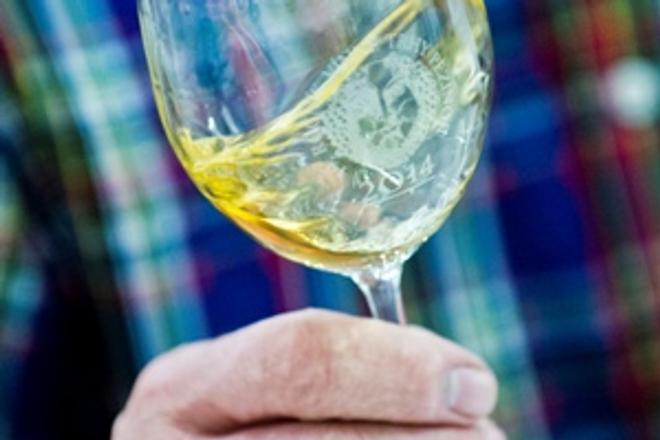IN 2014, Slovak winemakers again triumphed in Paris, confirming their place at the top in global competitions. At the highly prestigious international wine competition, Vinalies Internationales, Slovak wines won 16 gold and 34 silver medals. When calculated per number of wines that were enlisted and won awards, they outperformed even winemaking superpowers like France or Spain, and beat the Czech Republic (50:26) when considering the number of gold and silver medals won.
Slovakia has never before sent such a representative sample of wines as this year, the Pravda daily wrote after the contest, on March 10. The collection consisted of 149 wines, of which more than one third won a medal.
“Considering that a total of 29.9 percent of wines from 3,502 samples were awarded, then the Slovak harvest of 33.5 percent (against the French 28.9 percent) stresses the quality of Slovak wine,” oenologist Edita Ďurčová, who represented Slovakia in the world jury corps, told Pravda.
From among 21 Slovak wineries, the wines of Pezinok-based Peter Matyšák excelled this year. Until now, nobody has managed to get three golden and four silver medals at Vinalies Internationales. If Matyšák received the title of “absolute champion”, as was the case of tandem Vladimír Mrva and Peter Stanko in 2010 (for their cabernet Sauvignon rosé), his triumph would be perfect.
Since 2010, however, Slovak viticulture has come a long way: for this year’s Paris competition, not just big and renowned wineries were present, but also smaller family businesses, like the silver-winning Vínko Klimko Modra. However, Slovakia’s success depended largely on big wineries, like Chateau Topoľčianky, with two golden and two silver medals, as well as Chowaniec&Krajčírovič and Janoušek&Polák, with two medals each, Mrva&Stanko, with one gold and four silver medals, and Martin Pomfy, with eight silver medals.
Slovak Tokaj wines also got some attention in Paris: Jaroslav Ostrožovič showed the world (with one gold and one silver medal) that the “wine of kings” is being grown not only in Hungary, but also in Slovakia.
According to Pravda, Grüner Veltliner, Welschriesling and Müller Thurgau, which are considered “common wines” in Slovakia, also scored medals, which proves not just the quality of these wines in 2013, but also a global thirst for “fresh, fruity, not too complicated, but nicer wines”, as winemaker Vladimír Mrva described it.
The success in Paris is undoubtedly huge encouragement for Matyšák, a top representative in the wave of modernisation in Slovak viticulture. “Twenty years ago, I expressed my conviction that Slovakia will fit in among the European winery elite,” he said. “And now, the time has come and Slovak winemakers have become respected producers, not only of splendid white, but also rose wines.”



 Before you drink, make a toast. (source: TASR)
Before you drink, make a toast. (source: TASR)